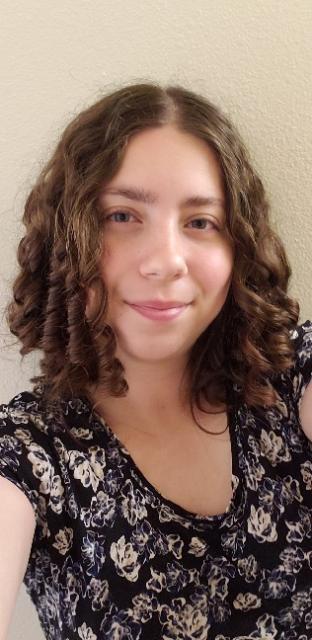Abstract:
The utility of synthetic methods depends greatly on the availability of the starting materials which they employ. This is especially true when reactions are intended to be applied for late-stage functionalization. Synthetic organic chemistry benefits from the development of methods that employ more readily available starting materials, and methods that convert these compounds into less-readily available but more widely used derivatives. In this thesis defense, I will be discussing three separate stories where readily available alcohols and amine derivatives are used as building blocks to access alkyl halides, and to forge carbon-carbon bonds in strained cyclopropane rings. First, propargylic amine derivatives used in a nickel-catalyzed domino cross electrophile coupling alkyne dicarbofunctionalization reaction will be discussed. This method transforms 2-alkynyl-4-chloro-N-tosylpiperidines into vinyl cyclopropanes with a tetrasubstituted alkene and a pendant sulfonamide. This method further advances metal-catalyzed domino reactions by serving as the first example of a domino reaction that involved a cross electrophile coupling as a discrete step combined with other carbon-carbon bond forming reactions. Next, aliphatic alcohols and sulfonates used in a halogenation method employing methyl Grignard reagents will be presented. This reaction investigates an observation made in prior work, in which 1,3-diiodides were formed in situ from 1,3-dimesylates when a Grignard reagent was present. This method showcases unusual reactivity of Grignard reagents that has not been explored in depth before. Lastly, aliphatic sulfonates and halides used in an electrochemical cross-electrophile coupling reaction to form alkyl and aryl cyclopropanes is discussed. The substrate scope of the reaction is expanded to include pendant aryl groups with electron donating and electron withdrawing substituents, as well as entirely aliphatic groups. The reaction is established to be scalable and tolerant of moderate temperature and current changes.
Speaker:
Location:

